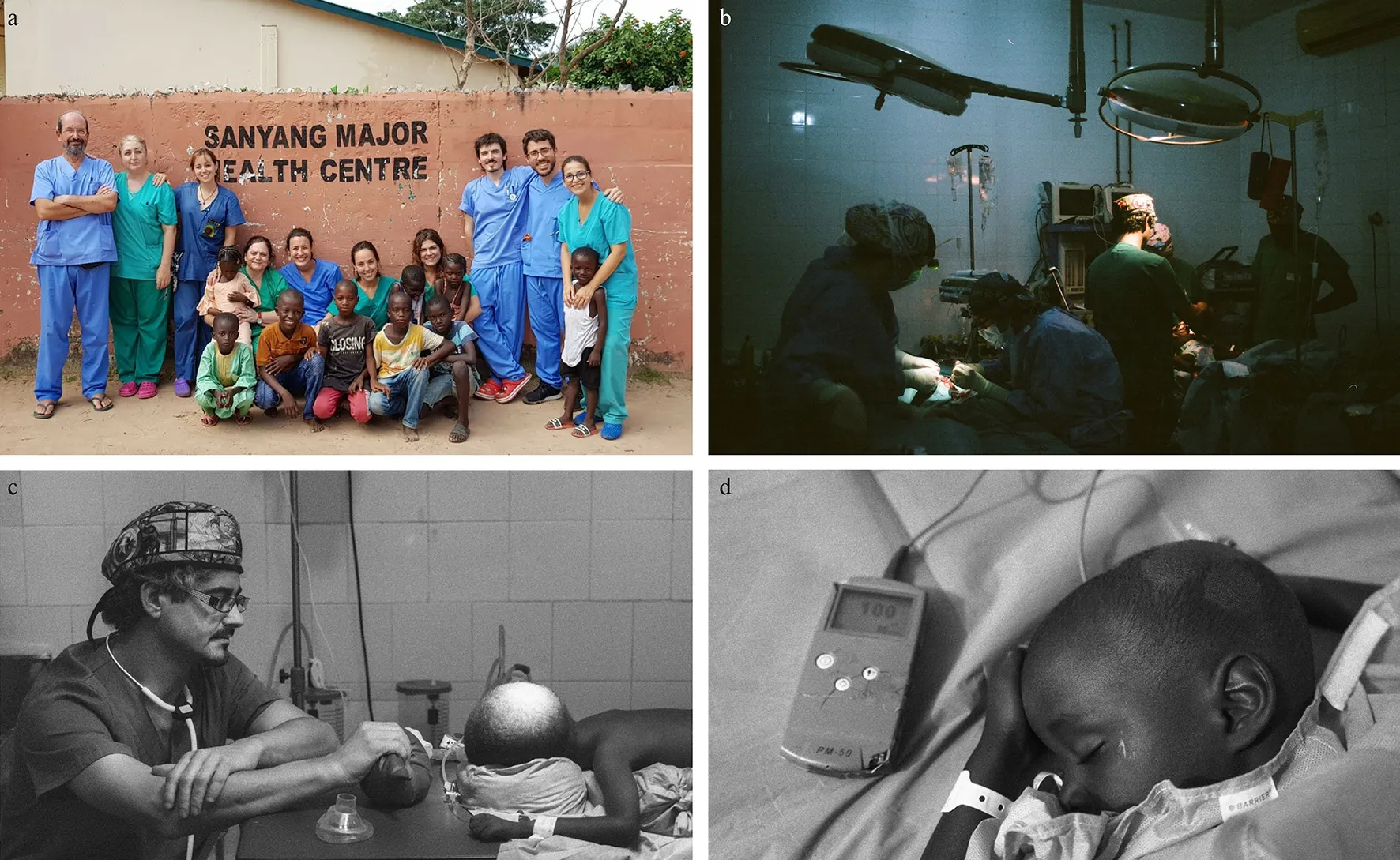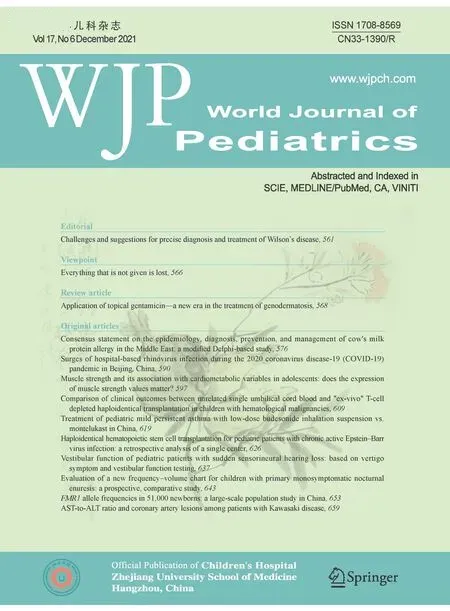Everything that is not given is lost
vier Arredondo MonteroJa · Carlos Bardají Pascual
A small health center is located in Velingara, Senegal. It is approximately 7 o’clock in the morning. In the old, dusty room that constitutes the operating room, a soft beeping sound, like that of a kettle, begins to be heard between the rhythmic beats of the heart monitor. The oxygen cylinder has started to leak.Calmly, one of us approaches and applies Teflon, controlling the problem. After a while, the electrical current is cut off .Undeterred, the anesthesiologist continues to hand ventilate the patient with her ambu, and we all turn on our headlamps.There is no more electric scalpel, but the activity does not stop.
Outside it must be around 35 degrees. Under our surgical gowns and without ventilation, the wind chill is much higher.From time to time, our colleagues wipe away the sweat with cloths, and in passing, they keep away the flies that swarm over the surgical field. However, the activity does not stop.
While we operate, one of us consults in a small cubicle located a few meters away from the operating room. Dozens of patients wait in line to be seen. Many do not speak English or French, only local dialects. Gestures are of paramount importance. In the end, we manage to communicate. It is a question of will. And trust.
Children do not cry. They are tough, resigned children.They take our hands and come to the operating room without complaining. There is no room for tantrums in their lives. A few hours after surgery, they return home, even after major interventions. There is no other option for them.
One of the days, I go out to buy something to eat. I find a small stall and see some cheese triangles that catch my eye.I point them out to the salesclerk. To my amazement, she opens the box and offers me one. I tell her I want the whole box, and she does not believe me. I still have a hard time processing that when I go to the supermarket here in my neighbourhood (Fig. 1).
The fatigue, at the end of the expedition, is twofold. Physical fatigue: 12 h operating a day for a week wears anyone out, especially in these precarious conditions. But above all,the greatest weight is due to emotional fatigue. Some of our patients have to borrow money to pay for transportation to our work centre. Others have to sell their animals, or even their homes. There is no other option for them. In many cases, we are faced with catastrophic situations in which our ability to solve is non-existent. Even with banal pathologies. It is difficult to overcome emotionally and humanly the experience of this fact. It is difficult to overcome the perpetual misery, the fact of not being able to give enough,of not having anything better to give them.
And we feel sadness. Sadness for having to leave. Sadness for what remains unresolved.
We promise to come back the following year. They hug us and thank us. We feel it is a genuine, heartfelt thank you.And before we set foot on our land again, we are already thinking about the next expedition.
However, not everything is pejorative. The smile of the parents of a girl with a cleft lip when they see her face after the operation. Or the smile of a child when he sees that he no longer has a hernia and that he can play soccer without getting hurt, and without being singled out. The smile of the little girl who can move her arm again after years of immobilization due to the after-effects of a burn. The warm welcome of the whole community, and above all, the feeling of home. Because in Africa, we did not find a job: we found a home (Fig. 1).
We became doctors to help our patients. To cure, but also to alleviate their suffering and to accompany them when they need it. And if there is one thing that fulfills this paradigm,it is international cooperation. While the development of new medical technologies and advances in research are vital for the development of our discipline towards quality care,we must not forget that a large part of the world's pediatric population does not have access to even the most basic health resources, with frequent deaths or serious morbidities secondary to banal pathologies [ 1- 4].

Fig. 1 a Our surgical team in Sanyang, Gambia. September, 2019; b The operating room in Velingara, Senegal, where we perform our surgical activity; c One of the anesthesiologists on our team, hand ventilating a patient while undergoing surgery for a myelomeningocele;d A patient treated during one of the campaigns, monitored after surgery
I am passing on this reflection from my experience as international cooperant with the aim of raising awareness and asking you to try it at least once in your life. It is a tough experience. It will undoubtedly put you on the ropes. It will make you rethink things that until now were practically dogmas for you. And this is hard to bear.
But I can guarantee you one thing: you will not regret it.
Acknowledgements To Rebeca Rodrigo Gutierrez, for her tireless dedication to international cooperation and her enviable human values. To Dr. Carlos Bardají Pascual, for being my mentor in the field of international cooperation and for being an example for me during these years. To the non-governmental organization Hope and Progress,for the enormous source of apprenticeships and opportunities it has provided me as an International cooperant.
Author contributions All authors listed have made a substantial,direct, and intellectual contribution to the work, and approved it for publication.
Funding There is no external funding to declare.
Compliance with ethical standards
Ethical approval Not required.
Conflict of interest There is no conflict of interest or external funding to declare. None of the authors has anything to disclose.
 World Journal of Pediatrics2021年6期
World Journal of Pediatrics2021年6期
- World Journal of Pediatrics的其它文章
- Muscle strength and its association with cardiometabolic variables in adolescents: does the expression of muscle strength values matter?
- Vestibular function of pediatric patients with sudden sensorineural hearing loss: based on vertigo symptom and vestibular function testing
- Evaluation of a new frequency-volume chart for children with primary monosymptomatic nocturnal enuresis: a prospective, comparative study
- Consensus statement on the epidemiology, diagnosis, prevention,and management of cow's milk protein allergy in the Middle East:a modified Delphi-based study
- Treatment of pediatric mild persistent asthma with low-dose budesonide inhalation suspension vs. montelukast in China
- Haploidentical hematopoietic stem cell transplantation for pediatric patients with chronic active Epstein-Barr virus infection:a retrospective analysis of a single center
